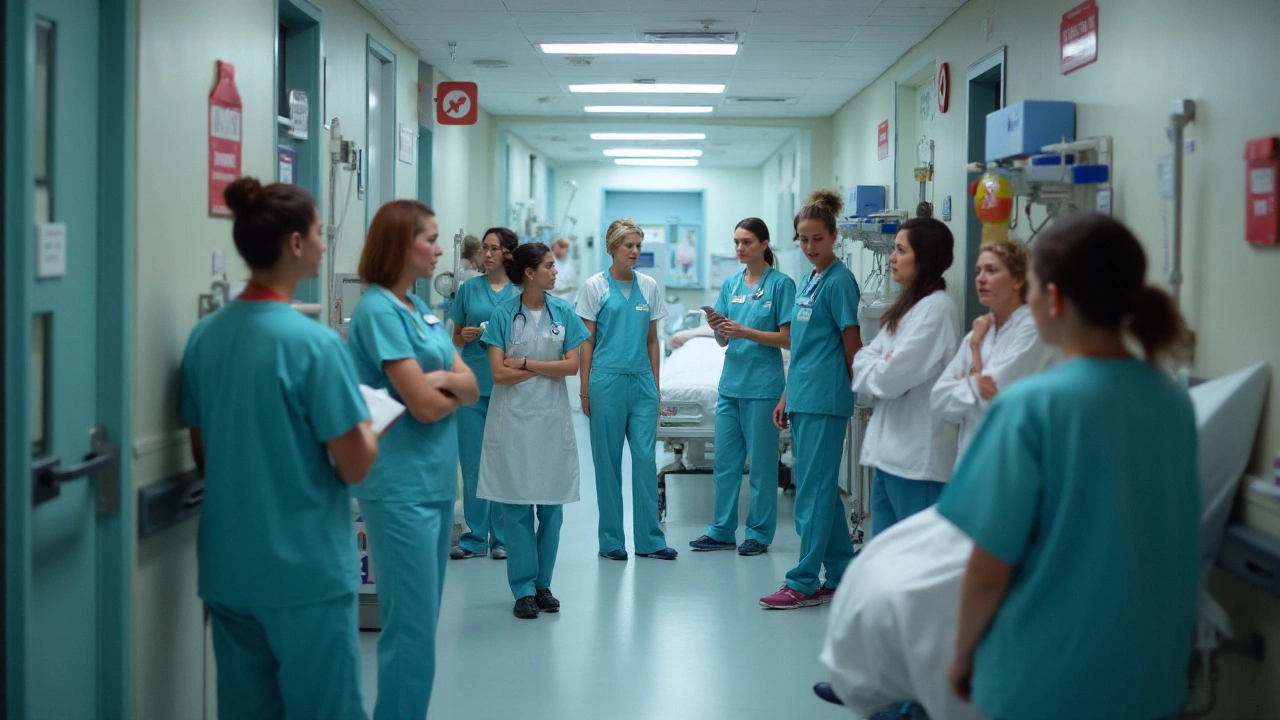NHS Fees: What You Pay and How to Keep Costs Low
Most people think the NHS is completely free, but there are a few charges that pop up from time to time. Knowing exactly where those fees come from helps you avoid surprises and plan your budget.
Common NHS Charges You Should Know
Prescription medicines usually cost a set amount per item, though many patients qualify for free prescriptions. The current charge is £9.65 per item, but you get a free prescription if you’re over 60, under 16, pregnant, or receive certain benefits.
Dental care is another area with fees. Routine check‑ups cost between £23 and £69 depending on the treatment band, while more complex work like crowns can run over £200. If you’re on low income, you might get dental treatment free or at a reduced rate.
Eye tests cost up to £25 for an NHS appointment, and glasses or contact lenses are not covered unless you have a specific medical condition. Some opt‑out schemes let you claim a discount on glasses if you have a certain condition.
Ambulance services are free for most emergencies, but if you request a non‑emergency transport, you could be billed around £250 per journey. The charge only applies if you’re not covered by a specific exemption.
Exemptions and Ways to Reduce Fees
Eligibility for free prescription, dental, or eye care often hinges on age, income, or medical condition. Claiming a HC2 or HC3 certificate from your local council can waive many charges. Students, veterans, and people on certain disability benefits also enjoy exemptions.If you travel abroad and need NHS treatment, you’ll usually be charged the full cost unless you’re from an EU country with a reciprocal agreement. For short trips, consider travel insurance that covers medical expenses to avoid hefty bills.
One simple tip: keep all receipts and your NHS number handy. If you’re charged incorrectly, you can appeal through the NHS Business Services Authority. Most errors get corrected quickly, saving you extra out‑of‑pocket spend.
Another practical move is to use online prescription services that compare pharmacy prices. Some pharmacies offer free prescription collections if you meet the exemption criteria, so it’s worth checking before you pick up your meds.
Finally, stay up to date with policy changes. Fees can shift each year, and new exemptions might be introduced. Subscribing to NHS newsletters or checking the official NHS website regularly ensures you’re not caught off guard.
Understanding where NHS fees apply and how to qualify for free or reduced services puts you in control of your health budget. Keep an eye on your eligibility, ask for exemptions when you can, and use available resources to keep costs down.
Understanding the Costs of Healthcare in the UK: What Citizens Pay
The UK healthcare system, primarily through the NHS, offers many services without direct charges for citizens, funded predominantly by taxation. However, there are specific areas where individuals incur costs, such as dental services, prescriptions, and certain elective procedures. This article delves into the nuances of what UK citizens typically pay for their healthcare and offers insights into optional health insurance policies. It also provides tips for managing these costs effectively.

